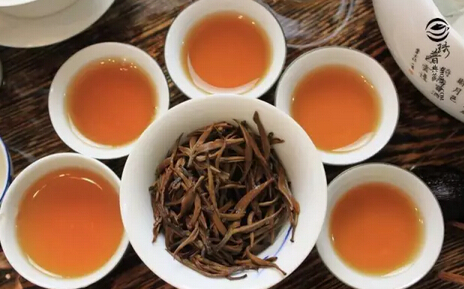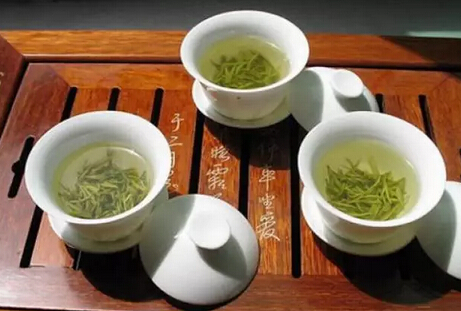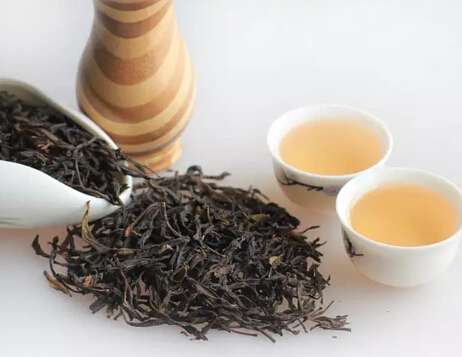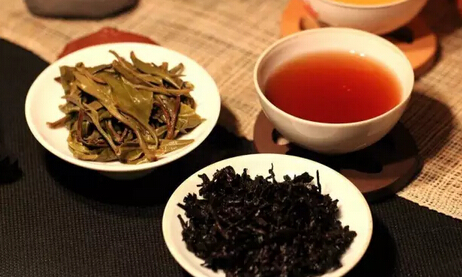Tea is a healthy beverage,
Tea leaves contain multiple components beneficial to health,
Caffeine stimulates the nerves,
Its mind-sharpening effects are widely known,
How many people reject tea outright
after a few experiences of insomnia from drinking it,
fearing that tea will cause sleeplessness?
In reality, tea-induced insomnia is not absolute and depends on factors such as the timing of consumption, quantity, type of tea, and individual differences.

Knowing that tea can cause insomnia, how can you avoid it? To reclaim this healthy drink, you can try the following:
Avoid drinking tea right before bedtime
Since caffeine has a stimulating and fatigue-fighting effect, it is unsuitable for consumption before sleep. However, caffeine's effects are short-lived, so if you wish to drink tea at night, enjoy a few small cups 3 to 4 hours before bedtime.

Drink less tea or weaker tea
At night, you can also choose to drink less or opt for a lighter brew.

Choose fully fermented teas like ripe tea
For evening tea, ripe tea is a better choice. After fermentation, tea polyphenols transform into theaflavins and thearubigins, which not only influence the tea's flavor but also reduce the direct intake of caffeine, indirectly lowering the risk of insomnia.

Lastly, select tea based on your personal circumstances—drinking the tea that suits you best is ideal.